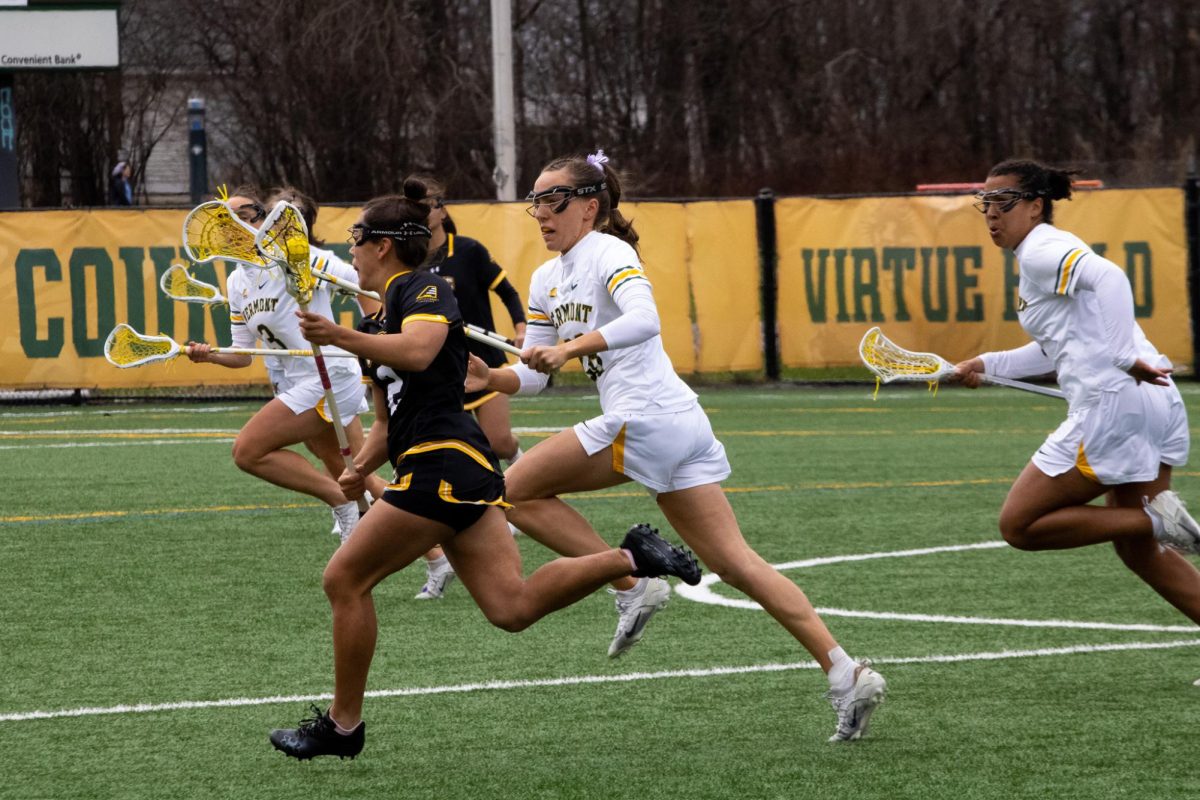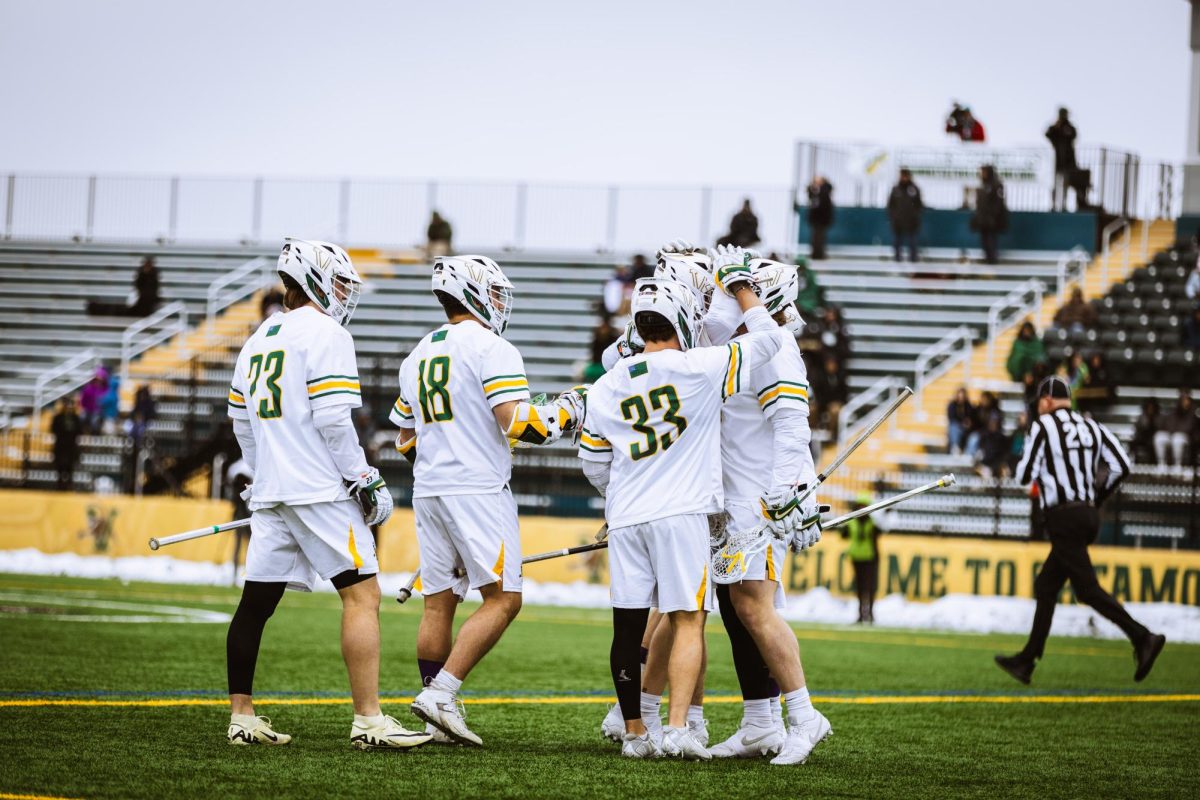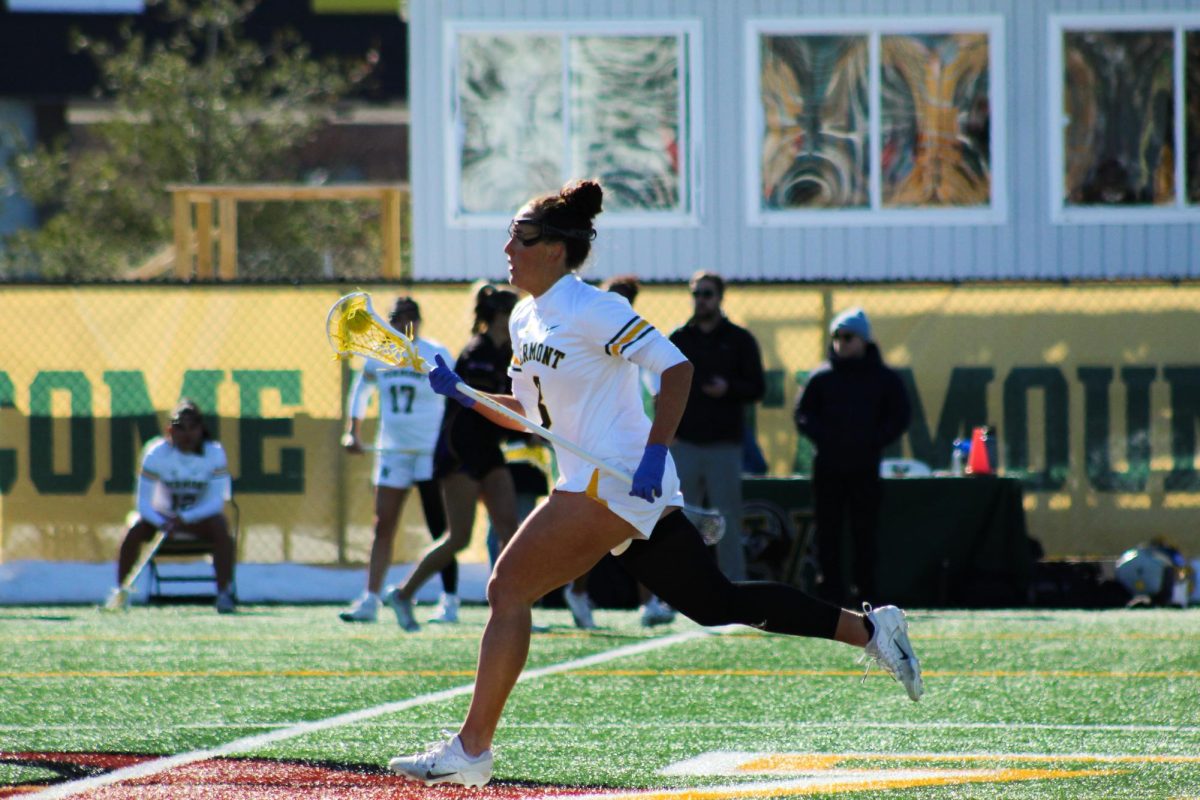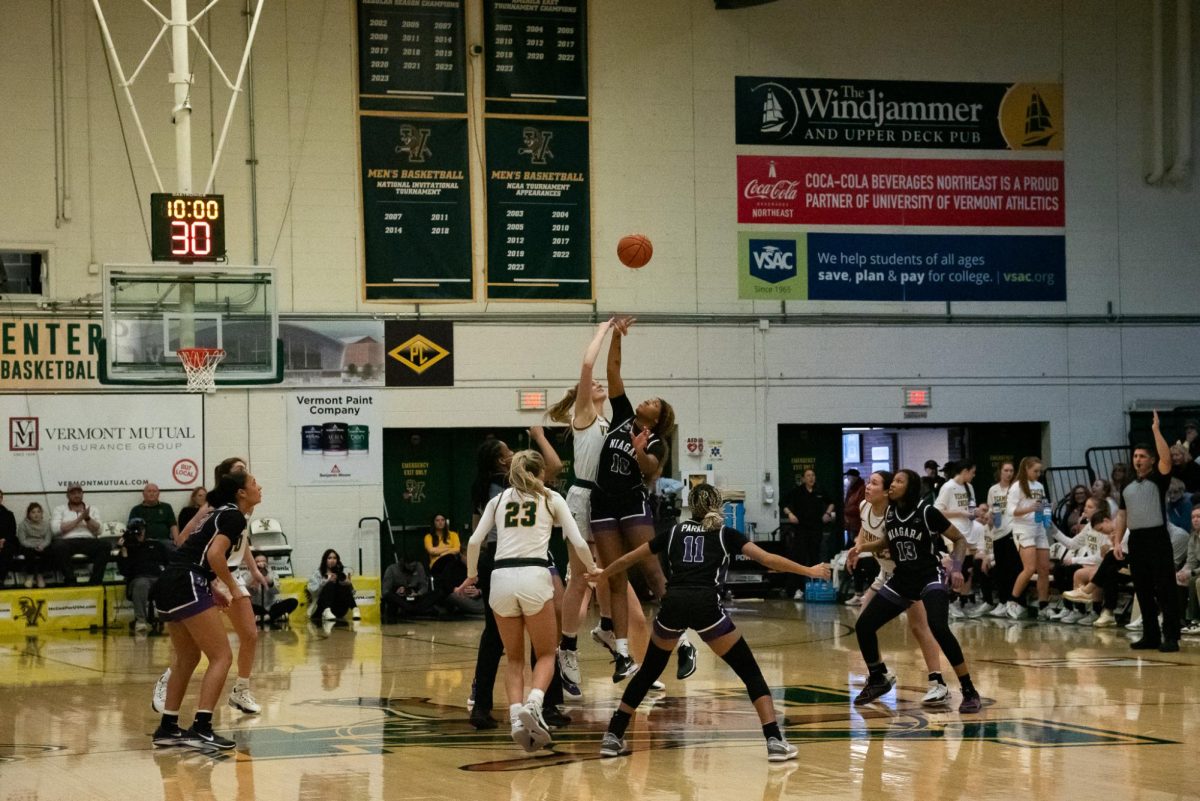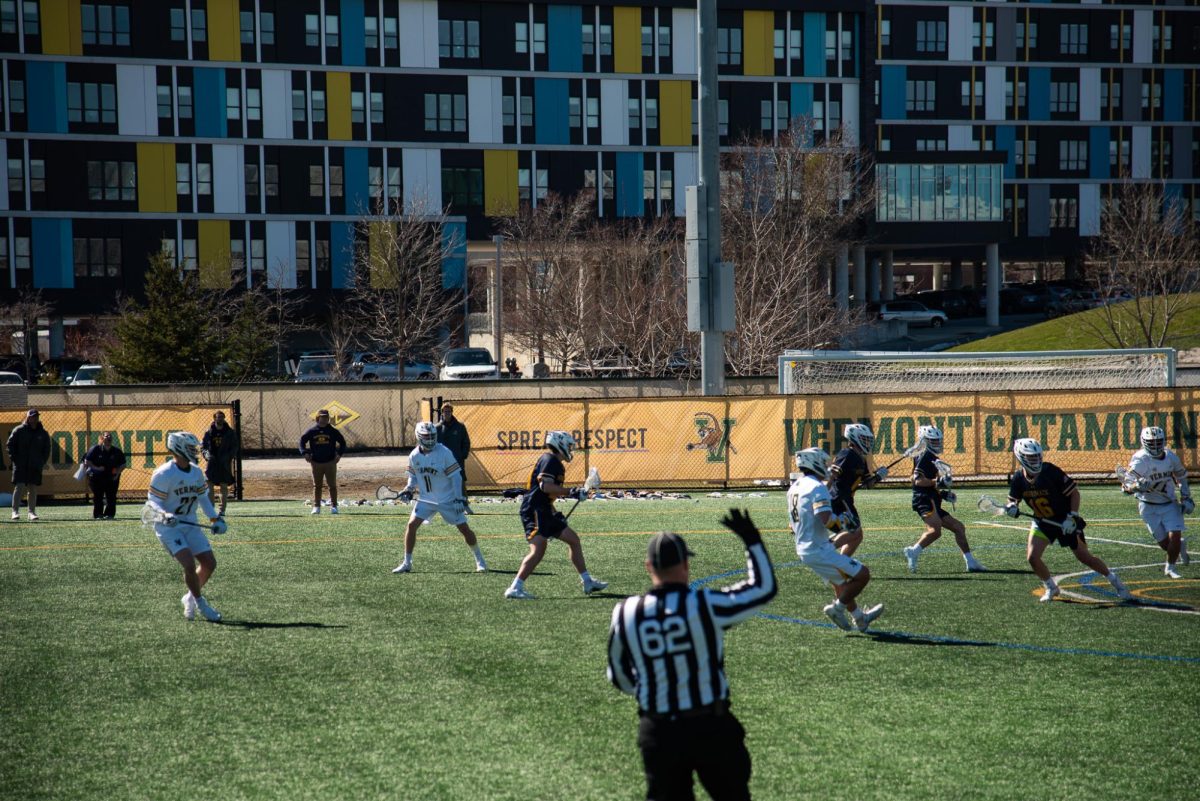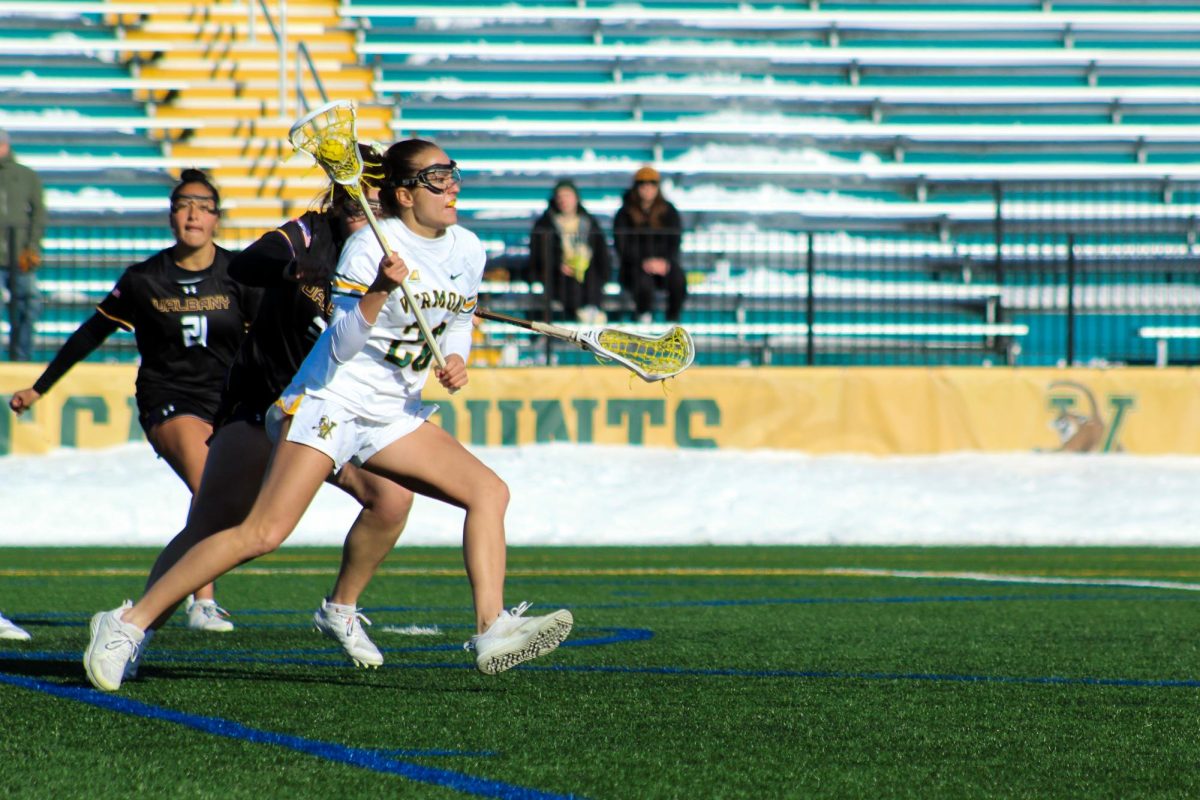Last week, I examined the first half of the decade that has seen Boston sports franchises excel. This week, I take a look at the second half of the decade.
The crowds of Boston fans, which lined the streets for the Red Sox victory parade, displayed immense amounts of joy along with relief they were experiencing for the first time, in most cases, of their lives.
Yet 2005 and 2006 are probably the two years in which Boston fans reverted back to experiencing the pain they had felt for so many years.
The Red Sox fell to the White Sox in the playoffs, the NHL didn’t even have a season due to the work stoppage and the Patriots reached the AFC championship only to lose in stunning fashion to their rival, the Indianapolis Colts.
The comeback against the Patriots led many fans to believe the winning ways Boston experienced over the past five years were a fluke.
The year 2007 proved Boston’s success was not an anomaly. Two major acquisitions assured Boston’s position as perennial championship contenders.
The first move was the New England Patriots bringing in trouble-ridden wide receiver Randy Moss, hoping that joining him with an elite team would inspire him to perform at the level he did in Minnesota in the ‘90s.
The second blockbuster was the Boston Celtics trading for the “Big Ticket” Kevin Garnett, joining him with previously acquired Ray Allen and longtime Celtic great Paul Pierce.
The Garnett trade brought hope to a city where basketball had a legendary tradition, yet had failed to create nearly any championship contenders in the past 20 or so years. Meanwhile, the Boston Red Sox were entering the last month of the season poised for a World Series run.
Saying the next six months were amazing would be a gross understatement. The Red Sox won another World Series — their second in four years — a noteworthy feat considering four years prior they ended an 86-year drought.
The Patriots had a regular-season comparable to no other: Randy Moss caught 23 of Tom Brady’s 50 TD passes, both NFL records and the offense operated with little resistance being imposed by opposing defenses.
Then there was the Super Bowl. In an upset for the ages, the New York Giants defeated the Patriots team that had seemed invincible the entire season finding ways to win whether it be by 50 points or only one point.
The loss induced unfathomable pain into the hearts of New England fans. However, the misery would be short-lived. In June 2008, the Boston Celtics’ capped off a remarkable worst to first transformation, beating the rival L.A. Lakers.
In 2008, Boston also saw a revitalized hockey team in the Boston Bruins. They were unable to win the Stanley Cup, but lost to the Montreal Canadians in a seven-game series that proved to the NHL that the Boston franchise was back and ready to compete.
The last couple years of the decade brought no championships. However, all four major teams were competing at a high level and, in multiple cases, reached the championship only to lose.
Boston did not end the decade with any victory parade, but as a city it should consider the entire decade a victory.
The playoff appearances alone tell the tale of the tape. The Patriots had seven in total, three Super Bowls, one runner up and an AFC championship loss.
The Celtics had six appearances, one championship, one runner up and a loss in the Eastern Conference finals.
The Red Sox, after entering the decade 82 years removed from a title, won two World Series and had six playoff appearances total.
The Bruins, probably the least-decorated team of the decade, entered the playoffs six times, with their best finish being the huge collapse they had against the Flyers with the opportunity to go to the Stanley Cup on the line.
With all of this winning, it seems unlikely that there is a comparable decade for any other city for two reasons.
First, the lack of cities with all four major sports and second, winning consistently for any span of time — let alone 10 years — is remarkable for just one team, let alone all four in one city.
Through all the championships, numbers and great plays the only comparable decade was the one Los Angeles experienced in the 1980s. Obviously everyone remembers the Magic-led Lakers winning five NBA championships, but their other major sports teams succeeded as well.
L.A. actually won more championships in the decade than Boston did, five from the Lakers, two from the Dodgers and 1 from the Oakland Raiders (Yes, technically not L.A. but close enough).
The eight championships top Boston’s six, but L.A. fields six pro teams as compared to Boston’s four, making the probability that much higher.
By percentages, Boston won 3 percent more of the time they had a chance of winning a title, earning six of the possible 37 titles.
Big moments strung together seasons for every Boston team throughout the decade, from Vinatieri’s field goals to Dave Robert’s steal, to the Patriots’ historical run.
Boston has transformed its entire mentality as a sports city. Once a city built on disappointing finishes, a fundamental change has occurred.
Fans now expect a winning team and enter games with a new mentality — that until the clock strikes zero, a Boston team will win.
So yes, the pain after a playoff loss can seem insurmountable, but remember this as a young fan of Boston sports: We have experienced the most successful decade any fan has ever experienced. Ever.
If this decade can be even remotely compared to the ‘00s, it should be another great decade to be a Boston sports fan.







